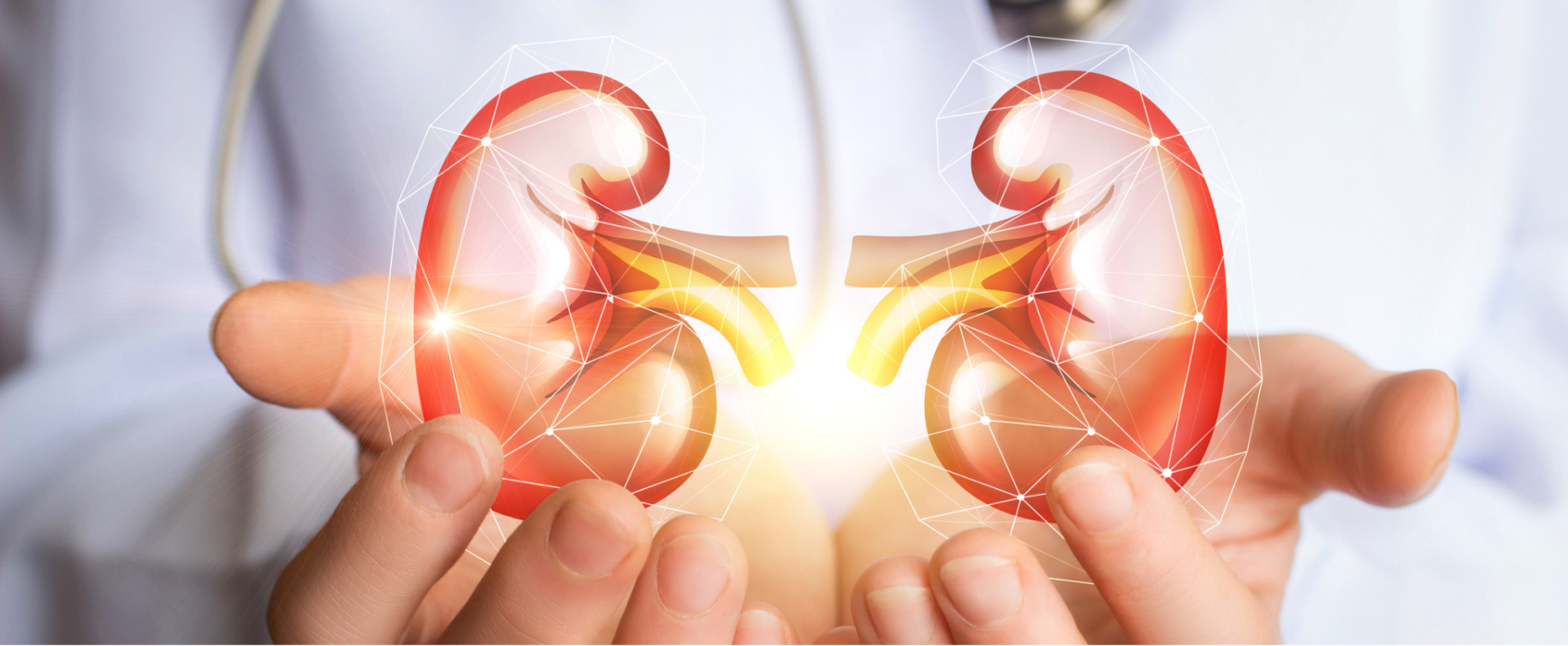Kidneys are bean-shaped organs, each roughly the size of an adult fist, located just below the rib cage on either side of the spine. Despite their modest size, kidneys are powerhouses of activity, responsible for performing several critical functions that sustain life.
What do the kidneys do?
The primary function of the kidneys is to filter waste products, excess water and other impurities from the blood. These waste materials are stored in the bladder and later expelled from the body in the form of urine.
Each kidney contains up to a million filtering units called nephrons, consisting of tiny blood vessels called a glomerulus attached to a tubule. When blood enters the glomerulus, it is filtered and the remaining fluid then passes along the tubule. In the tubule, chemicals and water are either added to or removed from this filtered fluid according to the body's needs, the final product being the urine we excrete.
In addition to waste excretion, kidneys also play a crucial role in regulating blood pressure, electrolyte balance and red blood cell production. They achieve this by:
- Maintaining the balance of electrolytes, such as sodium, potassium and phosphate, which are essential for the smooth functioning of cells and organs.
- Producing an active form of vitamin D necessary for bone health.
- Releasing the hormone erythropoietin, which signals the body to create red blood cells.
- Regulating fluid balance and blood pressure through the secretion of renin, an enzyme that affects arterial constriction.
What is chronic kidney disease?
Chronic kidney disease (CKD) refers to the gradual loss of kidney function over time. As the disease progresses, the kidneys' ability to filter blood effectively is compromised, leading to the accumulation of fluid and waste products in the body. This can result in various health issues, including high blood pressure, anaemia, weak bones, poor nutritional health and nerve damage.
The leading causes of CKD are diabetes and high blood pressure, which are responsible for up to two-thirds of the cases. Diabetes leads to CKD by damaging the blood vessels in the kidneys, while high blood pressure can cause damage to the glomeruli, the filtering units of the kidney. Other risk factors include:
- A family history of kidney disease.
- Prolonged use of NSAIDs (non-steroidal anti-inflammatory drugs) and other medications that may harm the kidneys.
- Recurrent kidney infections.
- Obstructions caused by conditions such as kidney stones and enlarged prostate glands in men.
If you are at increased risk of chronic kidney disease, talk to your doctor about having a regular kidney health check.
Symptoms and Tests
In the early stages, CKD can be asymptomatic, which means that it often goes unnoticed until significant damage has occurred. At a more advanced stage, symptoms can include:
- Tiredness;
- Swollen ankles, feet or hands;
- Shortness of breath;
- Feeling sick;
- Blood in your pee (urine).
Some simple tests can be done to detect early kidney disease. They are:
- A test for protein in the urine. Albumin to Creatinine Ratio (ACR), estimates the amount of albumin that is in your urine. An excess amount of protein in your urine may mean your kidney's filtering units have been damaged by disease. One positive result could be due to fever or heavy exercise, so a doctor will want to confirm the test over several weeks.
A test for blood creatinine. A doctor should use your results, along with your age, race, gender and other factors, to calculate your glomerular filtration rate (GFR). Your GFR tells how much kidney function you have.
Treatments
There is no cure for CKD, but treatment can slow the progression of the disease and alleviate symptoms. Treatment will depend on the stage of your CKD, but the main treatments are:
- Medicine – to control associated problems, such as high blood pressure and high cholesterol;
- Dialysis – treatment to replicate some of the kidney's functions, which may be necessary in advanced (stage 5) CKD;
- Kidney transplant – this may also be necessary in advanced CKD.
Lifestyle changes are also crucial in managing CKD, including quitting smoking, exercising regularly and maintaining a healthy weight.

